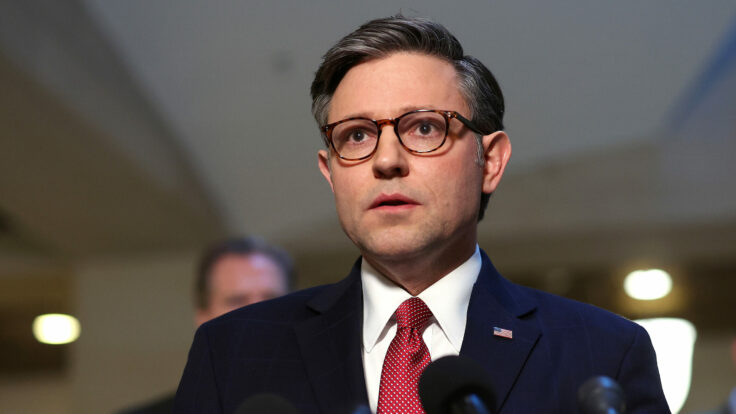On Thursday afternoon, Ketanji Brown Jackson was elevated to the Supreme Court with just three Republican senators supporting her. In an earlier, pre-Trumpian era, Jackson’s historic achievement might have been an occasion for bipartisan celebration. Instead, her confirmation hearing will likely be remembered for the volume of cynical attacks labeling her as sympathetic to child abusers. (On the U.S. Sentencing Commission, Jackson supported the consensus in favor of eliminating mandatory-minimum sentences for first-time offenders in possession of child pornography.) The Washington Post kept count: in four days of hearings, according to transcripts, the phrase “child porn” or “pornography” or “pornographer” was mentioned 165 times. In addition, there were 142 references to sex, 15 references to pedophiles, and 18 references to prepubescents.
From the outside, it’s possible to view the hit on Jackson as simply the latest ratchet in an escalatory cycle of partisan warfare—revenge, as several Republicans acknowledged, for Democrats labeling Brett Kavanaugh as a rapist. “I’m not suggesting she likes what’s happening in child pornography, [but] she has a chance to impose a sentence that would deter [child pornography], and she chose not to,” Senator Lindsey Graham said during the hearing. Shortly after voting against Jackson, he released a video stating “Remember Kavanaugh … The game has changed.”

















